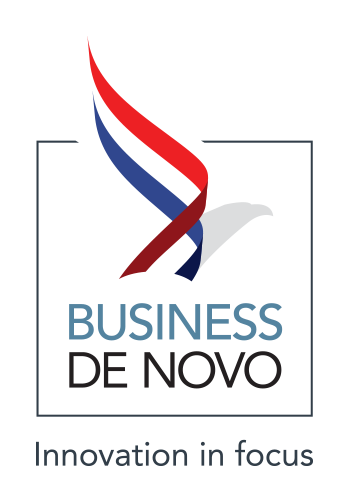“My learned lord, we pray you to proceed
And justly and religiously unfold
Why the law Salique that they have in France
Or should, or should not, bar us in our claim….”
Wm. Shakespeare, The Historie of Henry V
At the beginning of Shakespeare’s Henry V, young King Henry is looking for a pretext upon which to invade France.
Something of a rake in his early years, Henry has many detractors. He’s out to prove them wrong. What better way to focus the energies of the country and divert attention from his less-than-illustrious past than wage an overseas war? (Shades of Wag the Dog?)
The king orders his ministers to look through Salic law—long-standing principles handed down from before the times of Charlemagne, because Salic law excluded women from the line of royal succession. An ugly pretext for a war to regain the rich fields of France.
Today, American business is waging a different war. And the Federal Circuit finds itself in a delicate situation. A schism exists about how best to adjudicate patents, establish business standards, and manage large sectors of the American economy (specifically, software patents) to promote and protect innovation, while allowing others to make advances.
The Court also has morphing opinions about when and whether to defer to lower courts on claim construction. There is a growing trend to fight what could be called a willful indefiniteness in patent claims, which is perceived to have led to an uptick in suits brought by non-practicing entities.
That in turn has prompted efforts in Congress to crack down on so-called patent trolls through legislation affecting the court system. But that term, patent trolls, seems something of a misnomer given that the patent assertion entities causing the biggest nuisance virtually never make it into the court system.
Business should not cast about for law, looking for the one or two precedential decisions that help make its case. Precedent should be predictable: businesses need cohesiveness to patent law to warrant investing in new technologies, and not the other way around. It’s well to protect the present invention; but innovation always looks to the future. Clear laws that do not swing with the changing wind are important.
MIMI
